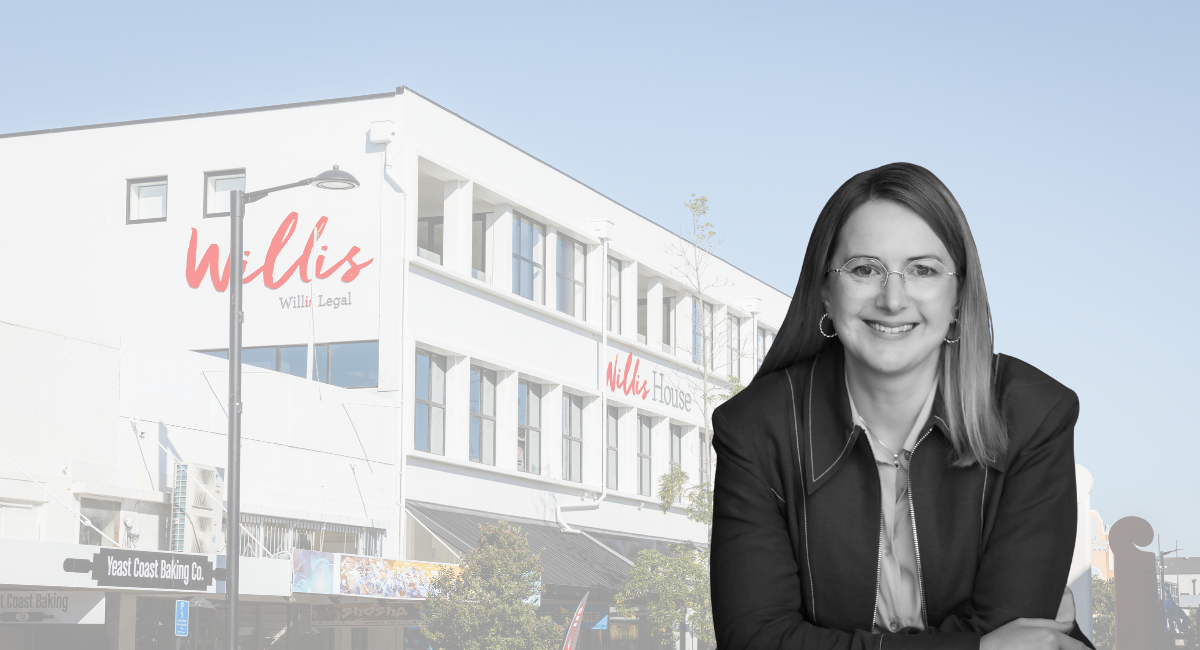21 January 2026
A new year often brings fresh plans and new possibilities. For many people, that includes thinking about a change in where, or how, they live. Whether you are planning to buy your first home, move somewhere new, or sell a property in 2026, good preparation starts well before an agreement is signed. Property transactions often take longer than people expect. There are documents to review, decisions to make, and steps that need to happen in the right order. Starting early gives you more control, more confidence, and fewer surprises along the way. It is all about setting yourself up for a smoother journey. If you are thinking about selling A successful sale begins with understanding your property’s paperwork. Taking time now to check a few key areas can save you stress later. Title details: Easements, covenants, and other restrictions can affect how a buyer views your property. Knowing what is on your title helps you prepare for questions before they arise. LIM and property file information: Councils hold a lot of information about your property. Ordering these documents early gives you a clear picture of what a buyer will see. Building work and consents: If you have made alterations, it is important to confirm that the right consents and code compliance certificates are in place. Missing paperwork is one of the most common causes of delays or last-minute renegotiations. Identifying any issues early means you can deal with them on your terms, without pressure once an offer arrives. If you are thinking about buying Buyers benefit just as much from early preparation. A little groundwork now can make you a stronger, more confident purchaser when the right property appears. Understand the agreement: Sale and purchase agreements are legally binding. Knowing the key terms, conditions, and timelines ahead of time helps you move quickly without feeling rushed. Get finance ready: Talking to your mortgage broker or lender early means you will understand what conditions may apply and how much flexibility you have. Plan your due diligence: From building reports to title checks, due diligence is easier when you are not racing the clock. Early advice helps you know what to look for and what questions to ask. The biggest advantage is getting legal advice before you sign, not after. It is about being informed and prepared. Why timing matters When people leave things too late, they often end up making decisions under pressure. Important details get missed. Red flags in contracts or property information go unnoticed. And what should be an exciting life moment becomes unnecessarily stressful for you and your whānau. How early legal advice helps Starting the conversation early means you can: Understand risks and obligations before you commit. Get clarity on timelines, conditions, and key milestones. Move forward smoothly once you are ready to buy or sell. It is all about giving yourself the best chance of a straightforward, stress-free experience. Thinking about a move this year? Let’s talk You do not need to be ready to transact to get in touch. A short conversation now can save time, cost, and uncertainty later. If a property move is on your radar for 2026, our team is here to offer clear advice and practical guidance every step of the way.



